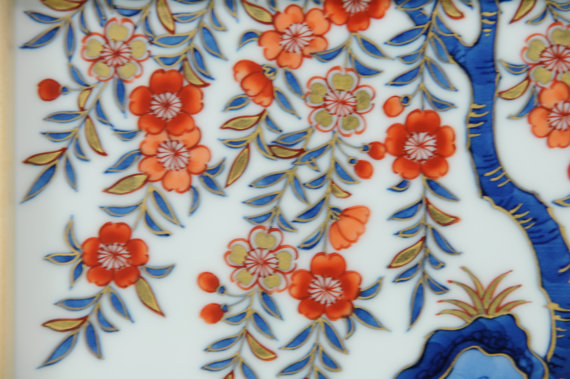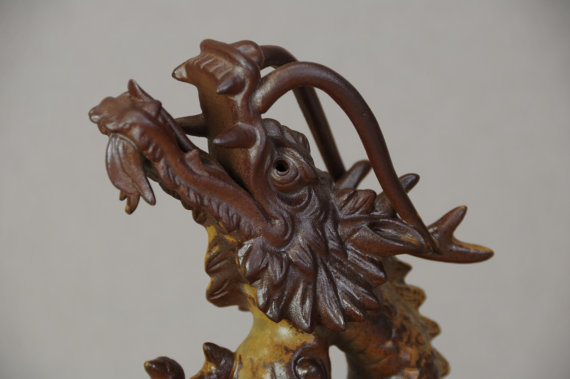Japanese Potteries(Explanations to the technical terms of ceramics No.14)
There are various technical words on potteries. Here are some of those, for which I'd like to give you some remarks.
Toban (Porcelain Panel or Ceramic Board)
Toban(s) are ceramic boards that have been painted and fired for the purpose of appreciation.
In Japan where people have been always familiar with earthenware, the culture to draw paintings on dishes or pots and appreciate them has taken root widely.
There are architectural customs, in the world, to utilize earthenware such as bricks, tiles and ceramic walls.
It could be said that something such ceramic walls and decorative plates are mixed up are ceramic boards.
Tiles may be for both of sanitary and decorative purposes, but ceramic boards are only for appreciation. Therefore, they are usually exhibited indoors.
About 30 years ago, we used to often see entrance lobbies of large facilities like hotels and hospitals that were decorated with several ceramic panels.
Even now, there are plenty buildings that display various types of ceramic panels such as yakishime (potteries that were fired at a high temperature) or sometsuke (potteries dyed in blue & white), each of which gives unique impression of the building.
A typical example of such buildings is the Otsuka Museum of Art in Tokushima. This is an only museum in the world that displays painting masterpieces reproduced on ceramic boards in the same dimension as the original works.
Sistine Chapel ceiling, Guernica of Picasso and many more pieces are duplicated on ceramic boards in the original size.
The beauty takes everyone’s breath away and appreciators are astonished to find out that the works are ceramic boards. Unlike papers or canvases, ceramic boards can observe the original beauty without color-fading in the passage of time.
After time went by, products can look like genuine even better than the original works, which would be the advantage of ceramic boards.
There are also other examples for which modern art producers have worked on ceramic boards, such as “Tsubaki-Shoin Ein Kotohira-gu, Kagawa prefecture, produced by Kyoji Takubo and “I Love Yu (hot spring) Ein Naoshima by Shinro Otake.
Ceramic boards that are not so big like ones for architecture but in a smaller size will be harmonized with walls of personal houses, and give us peace of mind maybe because of our DNA having been intimate with potteries for an extremely long time. Although they are not tableware, you may be able to treat them with a sense of affinity or enjoy the feel of touching them. It is like the gentle feeling of earthenware that delivers kind of warmness to you.
You can purchase the products. Click an item to view its detail at Marketplace.
Dragon
Dragons are a legendary creature that has a noble and brave image, as shown in the fact that it had been used as a symbol of throne in China. Japan’s koinobori (carp streamer) was born from a story that a carp running up a waterfall became a dragon. The practice of hanging out a series of koinobori(s) high over housing roofs in the Children’s Day (to celebrate the day for boys) is for wishing boys grow to be brave like dragons.
As the dragon is one of those set in the oriental zodiac, or taken as names of sport teams, it is greatly familiar to us even though not existing in fact.
Dragons Ebodies are covered with scales, and the scales in the part of the throat are facing reversely, which are called gekirin (reversed scales).
Dragons extremely hate to be touched in this part.
A person who touches this part will be killed without fail!
“Gekirin ni fureru (touching reversed scales) Eis often used as an idiomatic phrase which describes a state to get boss (or a superior person) angry. When making a petition to your boss, you should be mindful not to touch the reversed scales.
You can purchase the products. Click an item to view its detail at Marketplace.


